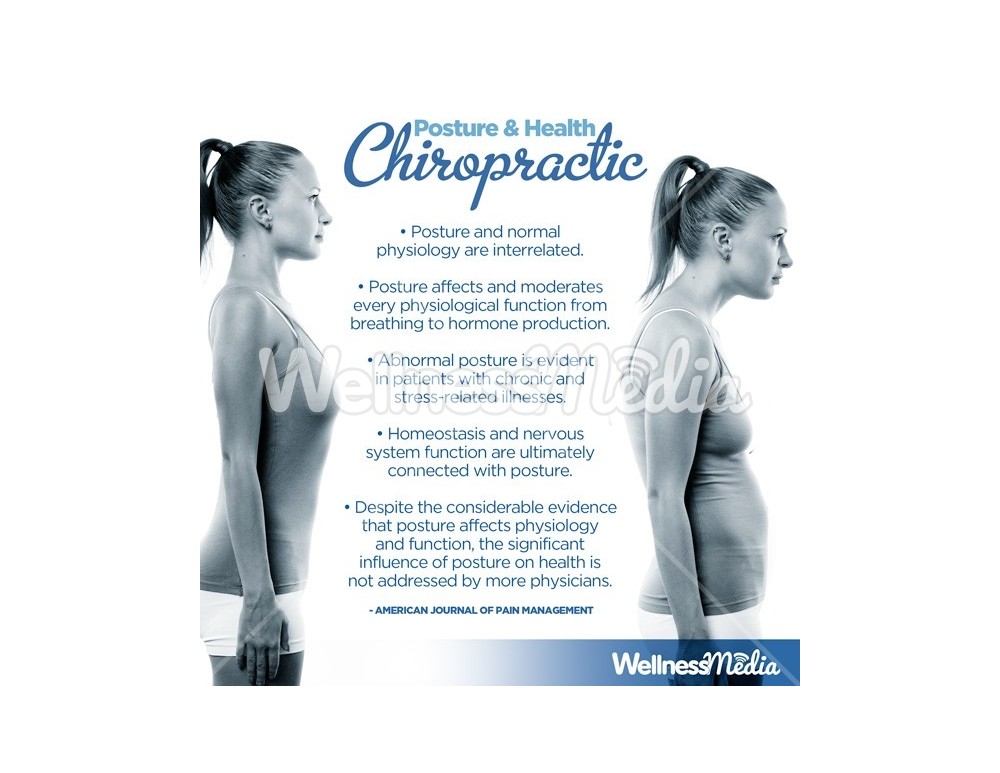Nourishment And Its Significance In Back Pain Control: Foods To Favor And Foods To Avoid
Nourishment And Its Significance In Back Pain Control: Foods To Favor And Foods To Avoid
Blog Article
Post By-Duus Hardin
When it pertains to managing your pain in the back, the food selections you make can substantially impact how you really feel on a daily basis. Visualize having chiropractor nyc cost to ease your discomfort merely by adjusting what you consume. By understanding the function of nutrition in back pain management and understanding which foods to incorporate or steer clear of, you can take proactive steps in the direction of a healthier and much more comfortable way of living. The connection between nourishment and back health and wellness is much more profound than you might recognize-- let's check out just how particular foods can either relieve or aggravate your pain in the back.
Value of Nutrition in Back Pain
Nourishment plays an essential role in handling back pain. Your diet regimen can significantly impact swelling degrees and general pain degrees in your back. Taking in a balanced diet plan rich in nutrients like vitamins D and K, calcium, magnesium, and omega-3 fatty acids can help reduce swelling and enhance bones, which are necessary for back health and wellness.
Furthermore, maintaining a healthy weight through correct nourishment can reduce anxiety on your spine, reducing the risk of neck and back pain.
Additionally, specific nutrients like antioxidants discovered in fruits and vegetables can aid deal with oxidative stress and promote healing in the body, consisting of the back muscles and spine.
On the other hand, taking in extreme quantities of refined foods, sweet drinks, and harmful fats can add to swelling and weight gain, aggravating back pain.
Foods to Eat for Back Wellness
To support a healthy back, including nutrient-rich foods right into your daily meals is crucial. Including foods high in anti-oxidants like berries, spinach, and kale can help reduce swelling in your back, easing pain and pain. Omega-3 fatty acids discovered in fatty fish such as salmon and mackerel have anti-inflammatory properties that can profit your back health.
In addition, taking in nuts and seeds like almonds, walnuts, and chia seeds offers necessary nutrients like magnesium and vitamin E, which support muscular tissue feature and lower oxidative stress. Incorporating lean proteins such as hen, turkey, and tofu can help in muscular tissue repair and upkeep, advertising a strong back.
Don't neglect to include dairy products or fortified plant-based options for calcium to sustain bone health and wellness. Last but not least, hydrate with plenty of water to keep your spine discs moisturized and working efficiently. By consisting of these nutrient-dense foods in your diet regimen, you can nurture your back and support overall spinal health and wellness.
Foods to Avoid for Back Pain
Choose preventing refined foods high in sugarcoated and trans fats when seeking relief from back pain. These kinds of foods can add to swelling in the body, which may exacerbate pain in the back. Say no to sweet snacks sweet, breads, and sweet beverages, in addition to fast food products like burgers, french fries, and fried hen that are usually filled with trans fats.
Furthermore, steer clear of foods containing high levels of polished carbohydrates, such as white bread, pasta, and pastries, as they can increase blood sugar levels and possibly worsen inflammation in the body.
It's additionally important to limit your intake of foods high in saturated fats, like red meat and full-fat milk products, as they can contribute to inflammation. Processed foods like delicatessens meats, chips, and packaged snacks are typically high in saturated fats and ought to be consumed in small amounts.
Conclusion
Finally, taking note of your diet plan and making clever food selections can have a significant impact on managing neck and back pain. By integrating https://chiropractic-specialty-cl84062.bloggerbags.com/36400488/understanding-the-relationship-between-chiropractic-care-adjustments-and-the-nerves-a-scientific-perspective -rich foods like berries, fatty fish, nuts, and lean healthy proteins, and staying clear of refined and sugary products, you can help in reducing inflammation and support on the whole back wellness. Bear in mind, what you eat plays a vital duty in how you really feel, so see to it to prioritize your nutrition for a healthier back.
